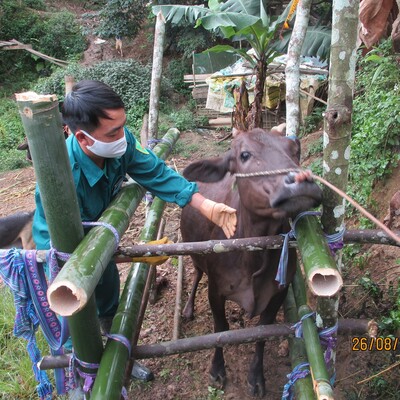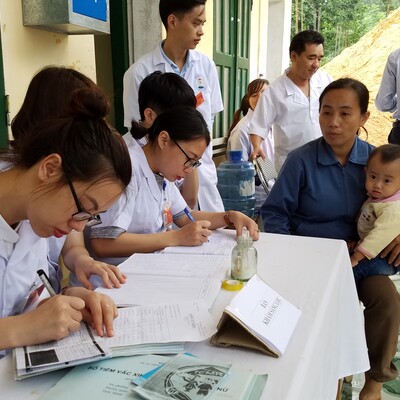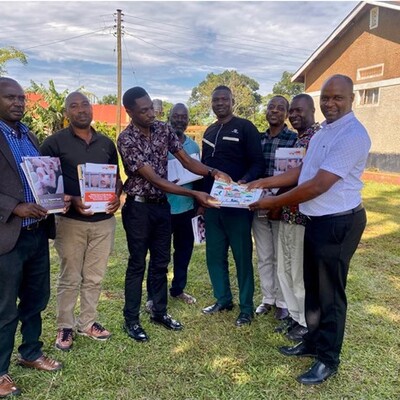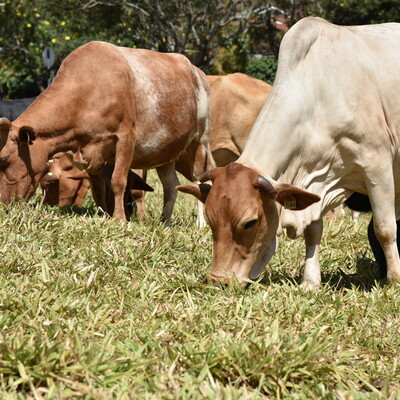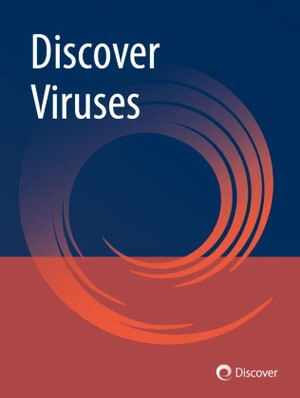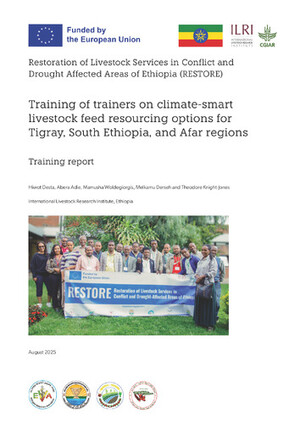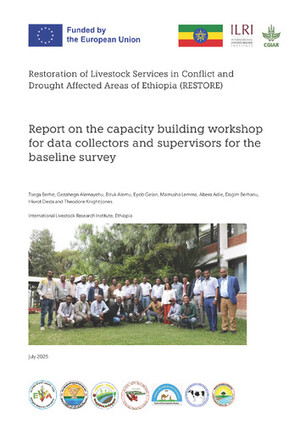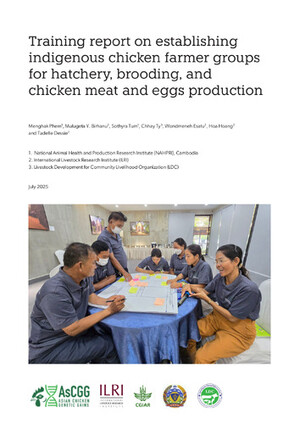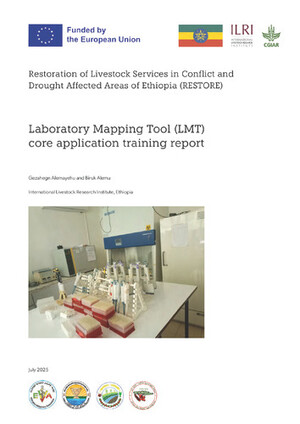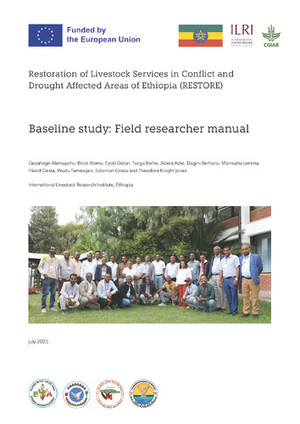
ILRI and LUANAR: Shaping the future of veterinary service in Malawi
In 2013, the Malawi government made a ground-breaking stride in veterinary medicine training. The Lilongwe University of Agriculture and Natural Resources (LUANAR) inaugurated its first veterinary medicine faculty, laying a foundation for the development of veterinary services in the country. Previously, vets were trained in Kenya, Zimbabwe or South Africa and then often stayed working abroad.
Since then, the university has collaborated with international institutions, including the International Livestock Research Institute (ILRI) through funding from the CGIAR Research Program on Agriculture for Nutrition and Health (A4NH), to provide top-class education to locally trained veterinary students. This collaborative journey, according to Arshnee Moodley, an ILRI scientist, has been about ‘supporting the next generation of veterinarians and improving delivery of veterinary services in Malawi.’
ILRI's contribution to this partnership is multifaceted, offering a wealth of knowledge, experience and mentorship. ‘We have not only strived to fill gaps in knowledge but also to instil a mindset that veterinary work is about serving communities, and must be inclusive,’ asserts Florence Mutua, ILRI scientist and a facilitator in the seminars.
A focal point of the ILRI-LUANAR collaboration is the direct support to the students' research projects. ILRI through A4NH granted USD 1,000 to each of five students in the first cohort of 2013. This funding enables final-year students to independently design and conduct their research, effectively cultivating their research skills and promoting self-sufficiency. This partnership comes full circle during the final thesis defense, where ILRI scientists contribute as examiners, providing invaluable feedback to undergraduate students.
Transforming lives
Amos Mhone, a LUANAR alumnus from Rumphi District in northern Malawi, had a childhood dream of studying human medicine. But experiences from his youth altered the course of his aspirations. 'A haunting image of agricultural officials slaughtering infected pigs due to an outbreak of African Swine fever and the devastation of my grandmother's chicken flock by Newcastle disease stirred my interest in animal health and led me to veterinary medicine,' he says. He wanted to understand and prevent such incidents in his community.
As a member of the first cohort of LUANAR's veterinary medicine program, Mhone was among the first to benefit from the LUANAR-ILRI collaboration. A three-month research attachment with the ILRI tick unit in 2018 focused on East Coast fever, an endemic condition in Malawi's northern and central regions, and gave him invaluable insight into the practical realities of veterinary work. He was awarded an undergraduate degree in veterinary medicine in December 2019, and later returned to ILRI as a graduate fellow studying the use of bacteriophages to reduce antibiotic-resistant Salmonella bacteria in poultry. at Jomo Kenyatta University of Agriculture and Technology. Mhone is currently a PhD fellow at ILRI.
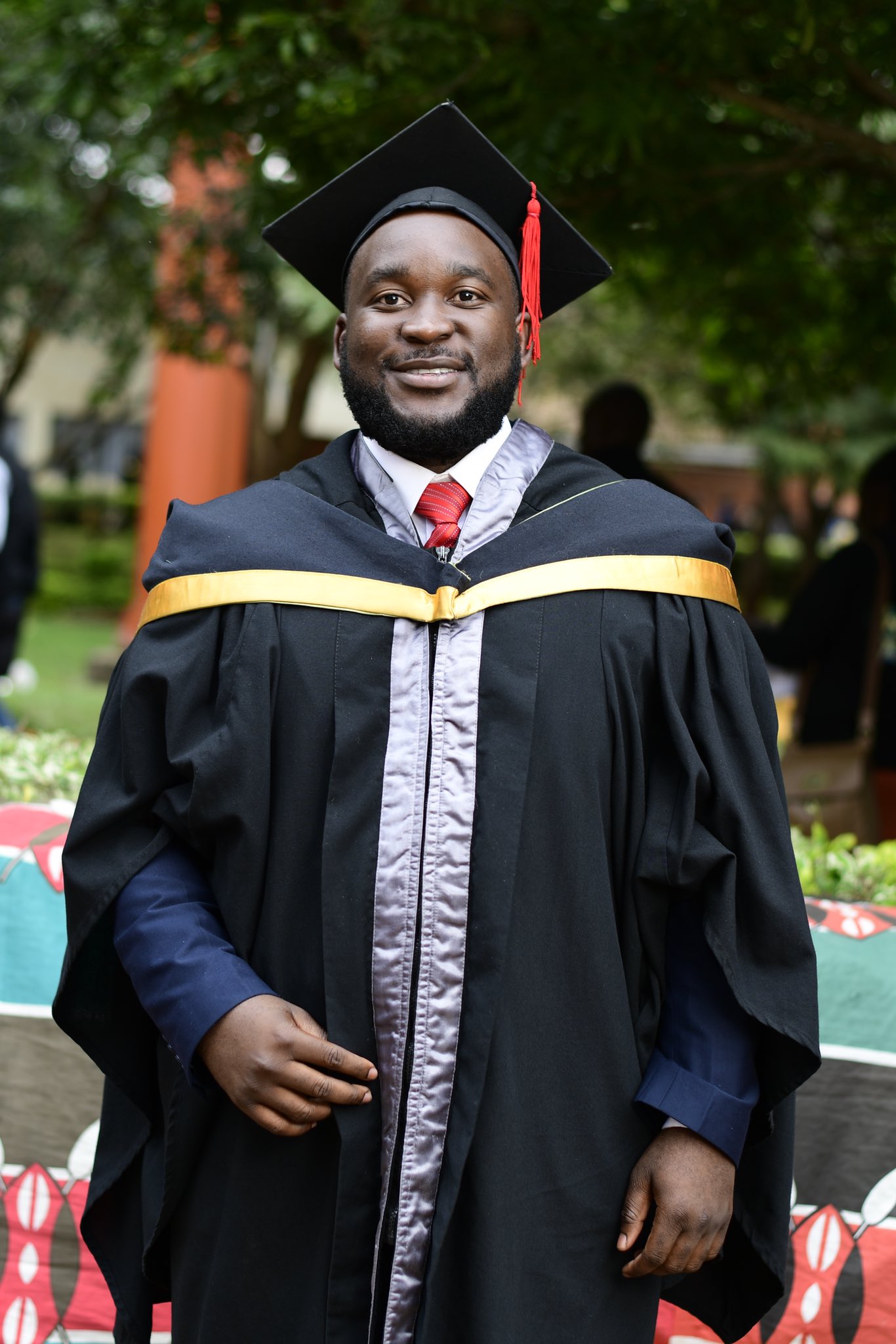
Amos Mhone during his masters graduation from Jomo Kenyatta University of Agriculture and Technology.
"The training and seminars organized by ILRI opened my eyes to the real-world issues we can address as veterinarians. They weren't just theoretical - they taught us how to apply our knowledge practically to improve animal health."
Mhone not only benefits from this partnership but also actively contributes to its strengthening. Alongside Boniface Munthali, a LUANAR graduate from 2019, they mobilize LUANAR undergraduates and ILRI mentors for regular progress meetings and seminars.
Catherine Wood, a lecturer in clinical medicine at LUANAR's veterinary faculty, says:
“ILRI has continued to support student research in successive cohorts and currently supports all or nearly all students in each class financially and in terms of expert mentorship. Additionally, ILRI has contributed to revising the veterinary curriculum, and several of its scientists have served as external examiners.”
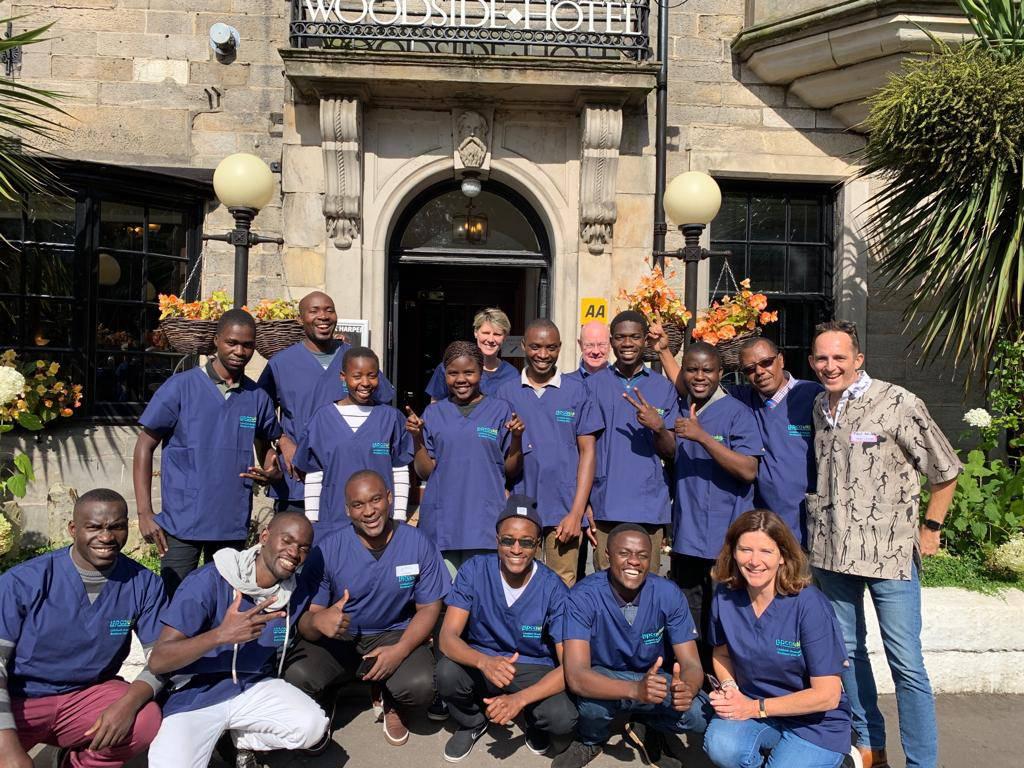
First cohort of students from the LUANAR veterinary medicine faculty (photo credit: LUANAR).
Shareef Nguguni, from the second cohort of 2014 to 2020, is another beneficiary of the LUANAR-ILRI partnership. Now an MSc fellow at ILRI studying antimicrobial use in small-scale intensive poultry farms in Lilongwe, Malawi, Shareef says he has 'broadened his knowledge on antimicrobial resistance and his understanding of the needs of community members and farmers.' He has also joined a network scientists at ILRI and beyond who can support his work. 'The training has increased my sample analysis skills and given me access to the national microbiology reference lab in Malawi to process them,' he adds.
In 2018, ILRI enhanced the partnership by organizing a series of student seminars on subjects ranging from food safety in informal markets, to participatory methods, epidemiology ofTaenia solium parasites, lectures on data analysis using R software, and the critical role of gender and equity in veterinary work.
Over the years, the LUANAR-ILRI partnership has co-funded seven final-year students' projects in the second cohort (2019/2020), eight students in the third cohort (2021/2022), and 14 students in the fourth cohort (2022/2023). The upcoming fifth cohort (2023/2024) will start field research in July/August 2023, with 14 students already identified for support under the ILRI-led One Health Research, Education and Outreach Centre in Africa (OHRECA), indicating a promising future for the veterinary school and ILRI's long-term commitment to building capacity in Malawi's veterinary sector.
This work was initially supported by the CGIAR Research Program on Agriculture for Nutrition and Health. It is now being supported by the German Federal Ministry of Economic Cooperation and Development (BMZ) through OHRECA. We thank all funders who supported this research through their contributions to the CGIAR Trust Fund.
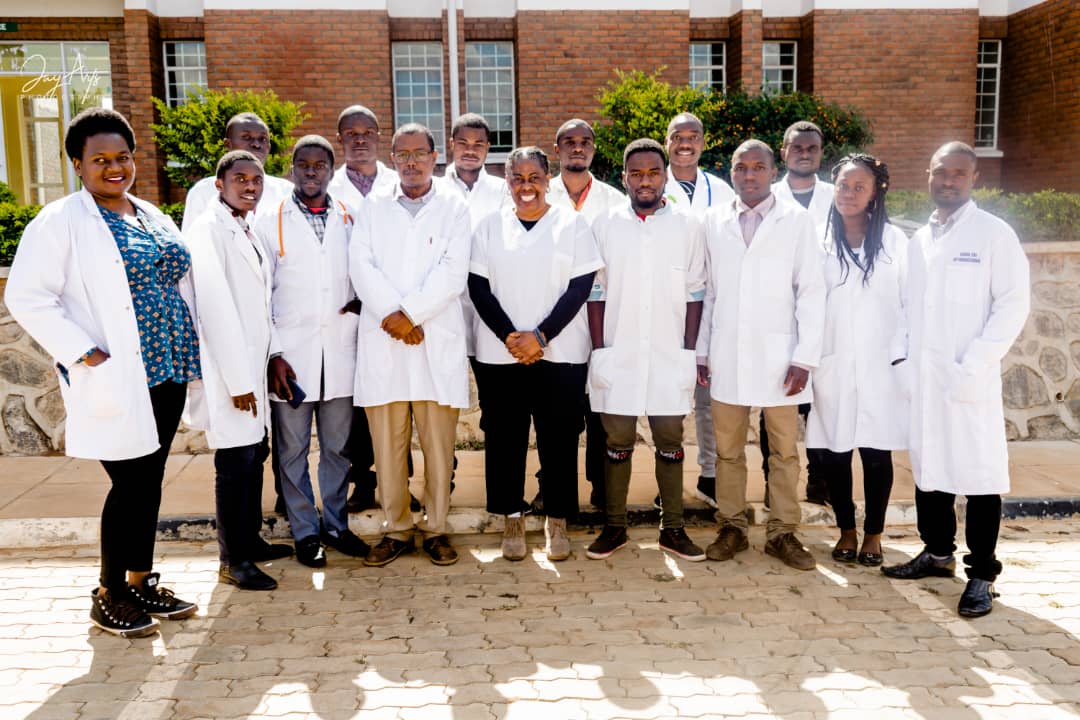
Fourth cohort of students from the LUANAR veterinary medicine faculty (photo credit: LUANAR).






